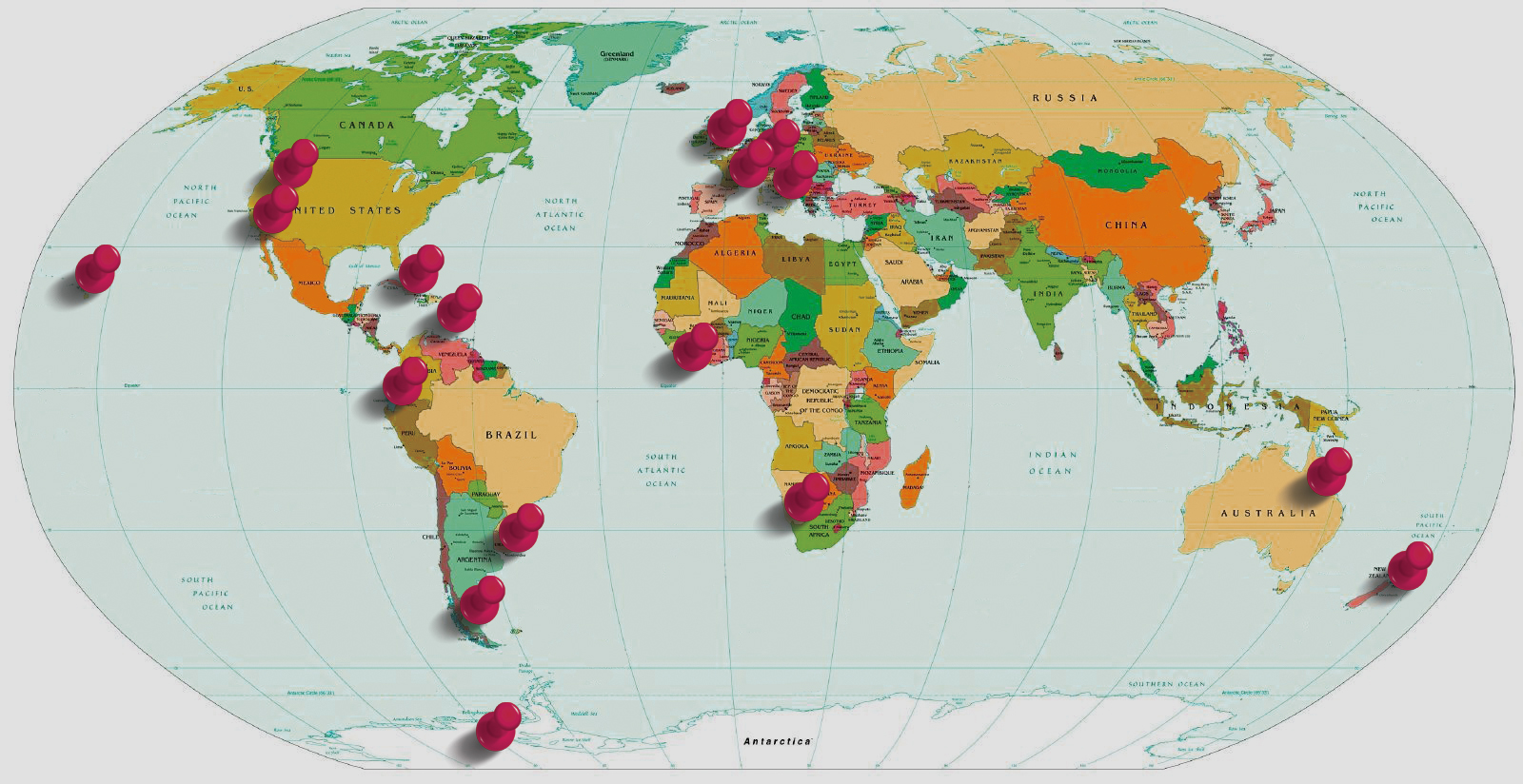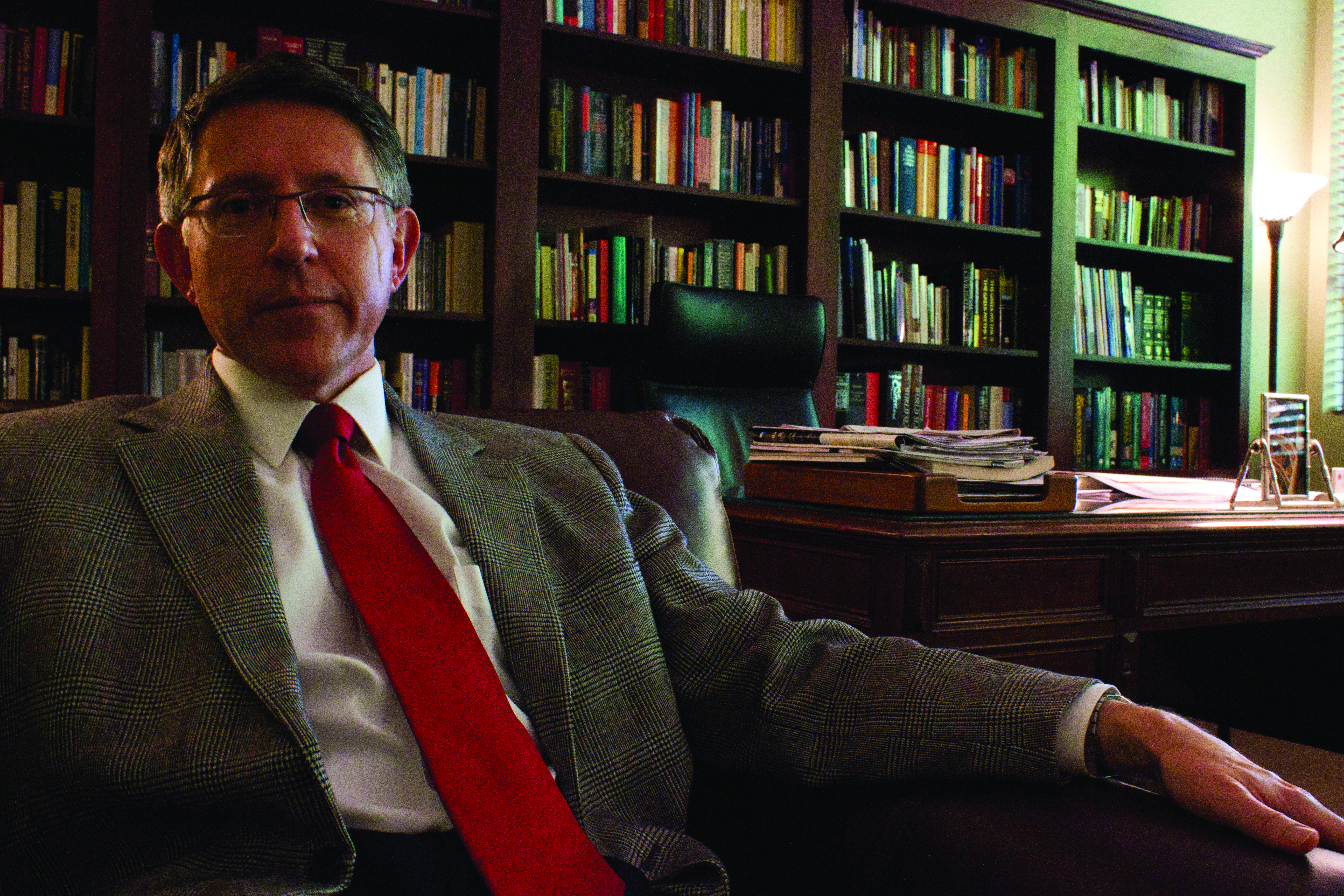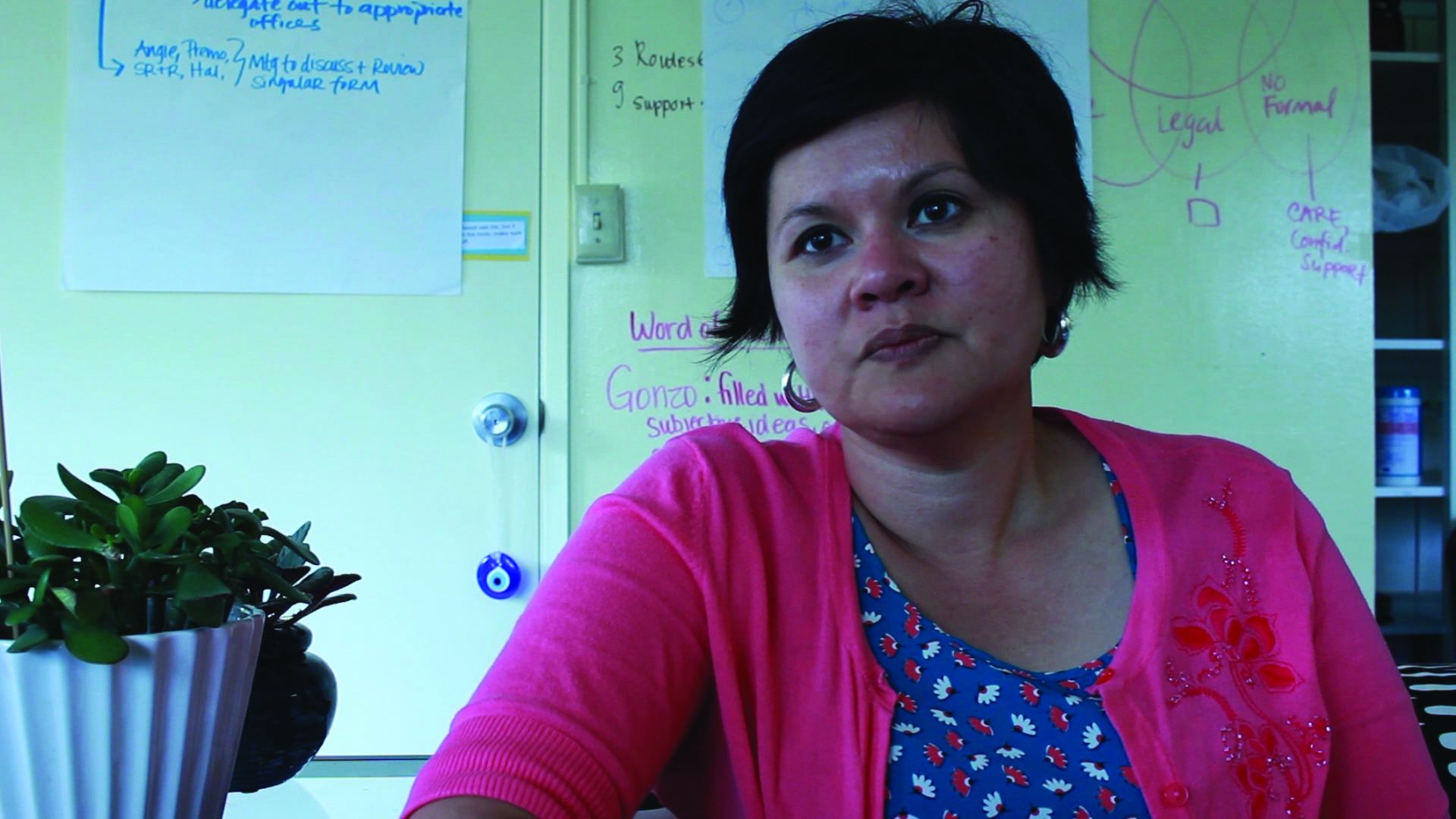
J-term is just around the corner, and many Pacific Lutheran students will soon be sitting through four-hour classes, cheering on their friends through PLU Idol and catching up on their P.E. credits.
Others, however, will be taking the opportunity to participate in one of PLU’s most prideful traditions: study away.
Approximately 312 students will be leaving the Lutedome this J-term with 23 different study away programs — the highest number of programs PLU has ever offered at one time, Megan Grover, manager of short-term study away programs, said.

“January provides a nice time for this type of opportunity,” Grover said of the intensive four-week programs. “It provides students the opportunity to travel with a PLU professor and with PLU students.”
The courses are organized and led by PLU faculty members and only open to PLU students. They feature a wide range of academic topics, from English and political science to music and P.E.
Grover said one of the most unique J-term programs PLU offers is the trip to Antarctica. “Not many other institutions are able to offer a study away experience to Antarctica,” she said. “We’re pretty proud to be able to do that.”
In addition to exotic locations like Antarctica, PLU also has five domestic programs located inside the U.S.
Although it seems unusual to offer study away programs inside the U.S.’s borders, Grover said domestic programs are a unique opportunity for students to have an intercultural experience in the U.S.
“PLU believes in study away, we believe that students can have a very rich, intercultural experience locally,” Grover said.
The most localized study away program is the January on the Hilltop program, in which students participate in community service projects in Tacoma’s Hilltop and Salishan neighborhoods.
“It’s a great way for PLU to develop long-lasting relationships with some of our neighbors and neighboring communities, a good way for PLU students to learn a little bit more about, you know, different communities and societies within the greater American population,” Grover said. “So I think it’s a really neat opportunity for students.”
One downside to J-term study away programs is the cost. The prices are as varied as their locations, ranging from $200 per student for January on the Hilltop to $11,350 for the Antarctica program. Most programs average between $3,000 and $6,000.
“It’s a huge range. Again, it’s just the nature of the course, what’s included in that program fee,” Grover said.
Although students studying away do not have to pay tuition for J-term, the program fee can be a deterring factor for some. Students’ regular financial aid
also only applies to semester or year long programs. The only funding available for J-term programs is the Global Scholar award, a need-based scholarship of up to $1,000.
“It’s minimal funding. It does offer some assistance, but we don’t have any award that would cover the whole program fee,” Grover said. “Students may find that a semester option is a better value if they’re just looking at dollars.”
While some new programs are just getting started this year, seven other trips were cancelled for various reasons. Faculty Fellow Donald Ryan canceled his traditional archaeology trip to England and Egypt this year due to the political situation in Egypt. President Thomas Krise canceled his trip to Washington, D.C. due to low enrollment, although he will be teaching a course on campus this year.
“At PLU, we do have really driven faculty who are really motivated to provide international experiences for students,” Grover said. “I think it’s just a good combination that works well for PLU, and something we can sustain for PLU.”
J-term study away programs for 2015 will be announced January 2014.


















